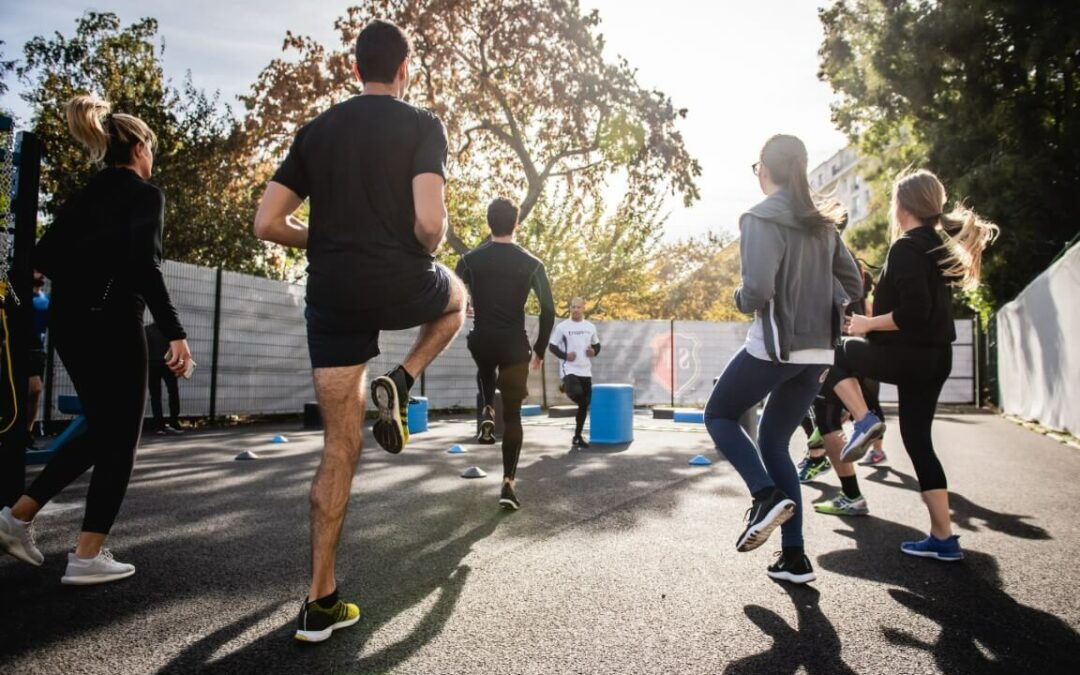Motivation Is Not The Only Way
There are few habits that have as many physical and mental health benefits as exercise.
While there are many people who have the exercise habit nailed, many of us just can’t seem to crack it, despite our best intentions.
There has been more written about motivation than just about any other topic in the fields of psychology and self-help. Yet, even armed with this wealth of information, the ever-elusive habit they call motivation still seems to elude us when we need it the most.
Motivation is a fickle beast. It’s also very unreliable. Waiting until you feel motivated to act is a sure-fire way to get nowhere fast and to feel bad about yourself in the process.
Waiting until you become supercharged with motivation is one approach, but it’s not the only one. Here are a few other ways of creating change.
Baby Steps
The latest research in behavioural science stresses the importance of breaking the goal down into very small habits. The key is to make these habits very easy to do and to allow yourself to feel good every time you perform them. So you may want to exercise for an hour eventually, but starting with just five squats or press ups is a good and achievable place to start.
This method hinges on the idea that if the habit is really easy to do then you will indeed do it, even in the absence of motivation. If you still can’t do it, you simply haven’t made it easy enough.
Then, over time, you can gradually build on the habit and allow it to grow organically. This approach is not an overnight one. However, you might have already noticed that quick fix approaches tend not to work.
Finding A Fit For You
Another approach is to align the goal with your existing values. For example, you may not enjoy or value exercise per se, but you do enjoy and value playing football with your children. Instead of focusing your attention on the exercise itself, you look at it as a byproduct of the extra strength and energy you absorb from playing with your children.
Perhaps being productive at work is most important to you. There is now plenty of evidence that exercise has many positive effects on the brain, one of which is to promote focus and concentration. So now you have transformed your exercise routine into a performance enhancement tool for work.
Make It Pleasurable
Another effective option is to make sure that you choose activities that tap into something called intrinsic motivation. Psychologists argue that motivation falls into two categories; the first is extrinsic, and the second is intrinsic.
Extrinsic motivation is when you perform a task in the absence of enjoyment or pleasure, but rather because you value the benefits. This is the form of motivation that most people rely on when it comes to exercise. The problem with extrinsic motivation is that it relies on serious doses of willpower and internal pressure to keep the habit going.
Intrinsic motivation on the other hand is when you perform an activity because it is pleasurable.
Expert Advice
“The great thing about exercise is that there are so many ways you can do it,” says Khody Damestani, co-founder of mental fitness company, MyMindPal.
“The key with this approach is to find an activity that you enjoy. Often this may be something that you used to find pleasurable in the past.”
“Perhaps as a child you enjoyed cycling and just got out of the habit as life became busier. Maybe you also enjoy being out in nature. Starting a habit of cycling along beautiful nature trails might be the perfect way to combine these pleasures.”
“Regular exercise is an important aspect of mental well-being. Starting and keeping exercise going need not be as challenging as you might think if you take the time to consider the best way for you to develop this habit. There are many ways to create change. Finding the best fit for you is the key.”









